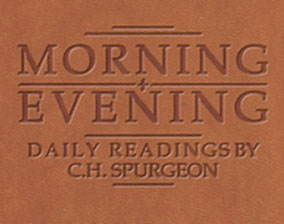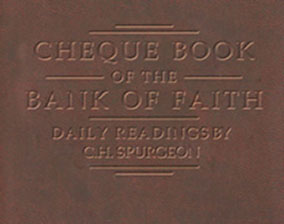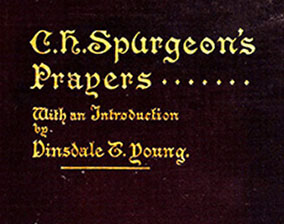Morning & Evening
Charles Haddon Spurgeon's Morning and Evening devotionals have been a source of inspiration for over 150 years. Brilliantly and eloquently written, his insights and wise counsel are as applicable today as they were then. A few minutes twice a day can offer scripture and guidance to carry you through life’s joys and difficulties.
Read Now LivePrayer
LivePrayer

